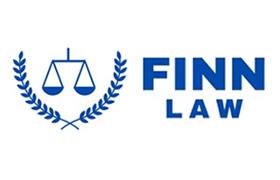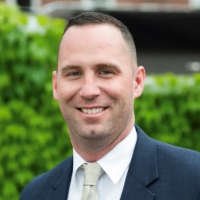Mechanicville Felony Lawyer, New York
Sponsored Law Firm
-
 x
x

Click For More Info:
-
Finn Law Offices
12 Sheridan Ave. Albany, NY 12207» view mapAccident & Injury and Criminal Defense Action-Oriented Legal Advocacy
At Finn Law Offices, our attorney relies upon his experience and dedication to protect your rights in a personal injury, employment law, criminal defense or civil rights case.
800-872-6030
Not enough matches for Mechanicville Felony lawyer.
Below are all Mechanicville Criminal lawyers.
Kathleen M. Sheehan
Immigration, Trusts, Child Custody, Criminal
Status: In Good Standing Licensed: 38 Years
Constantine Frank Destefano
Divorce & Family Law, Criminal
Status: In Good Standing Licensed: 19 Years
Stephanie Rebecca Lewis
Immigration, Federal Appellate Practice, Government, Criminal
Status: In Good Standing Licensed: 23 Years
Robert M. Cohen
Litigation, Custody & Visitation, Criminal, Accident & Injury
Status: In Good Standing Licensed: 53 Years
Robert Morris Cohen
Family Law, Custody & Visitation, Criminal, Accident & Injury
Status: In Good Standing Licensed: 53 Years
Thomas W. Peterson
Divorce & Family Law, Real Estate, Traffic, Accident & Injury, DUI-DWI
Status: In Good Standing Licensed: 39 Years
Laurence Irvin Fox
Real Estate, Criminal, Civil & Human Rights, Business
Status: In Good Standing Licensed: 52 Years
 Ryan M. Finn Albany, NY
Ryan M. Finn Albany, NY AboutFinn Law Offices
AboutFinn Law Offices
